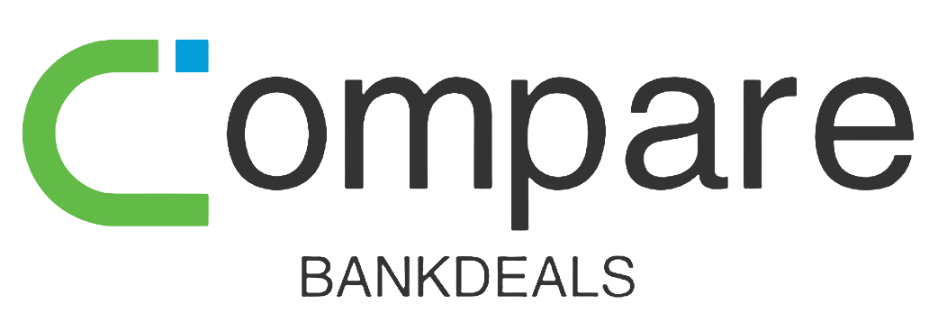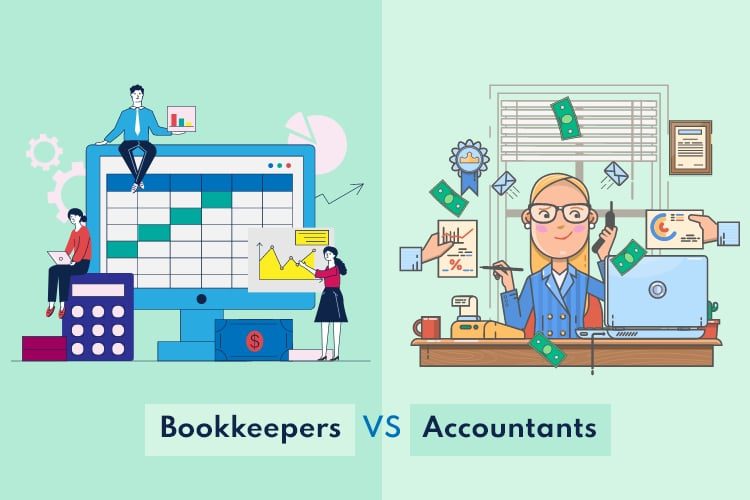Accounting and bookkeeping are two functions that are critical for each business organization. In the least difficult of terms, bookkeeping is liable for the recording of financial transactions through accounting and is answerable for interpreting, classifying, analyzing, revealing, and summarizing budgetary data.
Accounting and bookkeeping may have similar professions to an undeveloped eye. This is because both bookkeeping and accounting manage financial-related information, require essential bookkeeping information, and classify and create reports using the financial exchanges. Simultaneously, both these cycles are inherently unique and have their own arrangements of points of interest.
Bookkeeping and Accounting
As their names would recommend, bookkeepers “keep” or deal with your organization’s financial-related books, while accountants “account” for or clarify what’s in them.
Thus, bookkeepers and accountants work to guarantee your organization’s accounts are not only organized, modern, and compliant but that they’re being utilized to lift your business performance.
The Function of bookkeeping
Bookkeeping is the way toward recording everyday exchanges in a consistent manner and is a key segment to building a financially effective business.
Bookkeeping is involved:
- Recording Financial related exchanges
- Posting charges and credits
- Creating invoices
- Maintaining and adjusting subsidiaries, general records, and historical records
- Finishing payroll
Keeping up an overall record is one of the main components of bookkeeping. The overall record is a basic report where bookkeeping records the sums from deal and expense receipts. This is referred to as posting and the more deals that are finished, the more frequently the record is posted. A record can be made with specific software, a PC spreadsheet, or basically a lined sheet of paper.
The complexity of a bookkeeping framework regularly depends upon the size of the business and the number of exchanges that are finished every day, week after week, and month to month. All deals and purchases made by your business should be recorded in the record, and certain things need supporting reports. The Interest Rate spreads out which business exchanges require supporting documents on their site.
The Function of Accounting
Accounting is a significant level cycle that utilizes financial data ordered by a bookkeeper or entrepreneur and produces financial models utilizing that data.
The way toward accounting is more abstract than bookkeeping, which is to a great extent transactional.
Accounting is involved:
- Getting modifying entries (recording costs that have happened however aren’t yet recorded in the bookkeeping cycle)
- Getting organization financial statements
- Analyzing expenses of tasks
- Finishing income tax forms
- Supporting the entrepreneur in understanding the effect of financial decisions
The way toward accounting gives reports that unite key financial indicators. The outcome is a better understanding of the genuine benefit and attention to income in the business. Accounting diverts the data from the record into statements that uncover the bigger picture of the business, and the way the organization is progressing. Entrepreneurs will frequently seek accountants for help with strategic tax planning, financial anticipating, and tax recording.
Bookkeeping vs. Accounting
Bookkeeping
- Bookkeeping is primarily related to identifying, measuring, and recording financial related exchanges
- The board can’t make a choice dependent on the information provided by bookkeeping
- The goal of bookkeeping is to keep the records of all financial exchanges proper and efficient
- Bookkeeping doesn’t need any extraordinary ranges of abilities
- The process of bookkeeping doesn’t need any analysis
- Bookkeepers are needed to be precise in their work and proficient in financial-related topics. An accountant usually supervises the work of a bookkeeper
- Bookkeeping doesn’t show the financial related situation of a business
Accounting
- Accounting is the way of summing up, interpreting and conveying financial exchanges which were classified in the record account
- Depending upon the information given by the accountants, the management can take critical business choices
- The target of accounting is to check the financial circumstance and further convey the data to the significant authorities
- Accounting requires exceptional abilities because of its analytical and complex nature
- Accounting utilizes bookkeeping data to analyze and interpret the information and afterward incorporates it into reports
- Accountants with sufficient experience and education can obtain the designation of Certified Public Accountant (CPA)
- Accounting helps in showing an away from the financial situation of a business
Conclusion
The most ideal approach to profit from the difference between bookkeepers and accountants is to recognize that each depends on the other in providing your business with a far-reaching set of financial skills and services.
Joining forces with an experienced bookkeeping organization will profit your business tremendously as far as saving opportunities to all the more likely to deal with your team, your inventory, and your organization’s development.
Yet, while the privileged back-office team will give you the bookkeeping support and information you have to settle on better business choices, reaching exact determinations from that financial data with the assistance of an accountant is similarly significant for reliably pushing your organization ahead.



